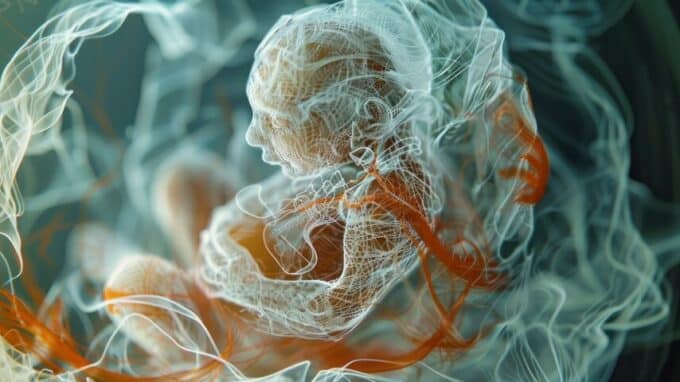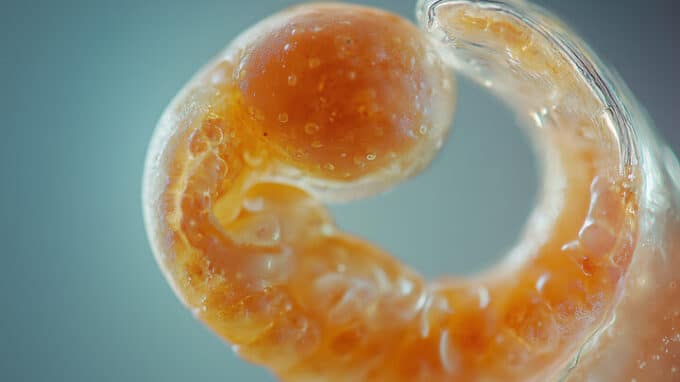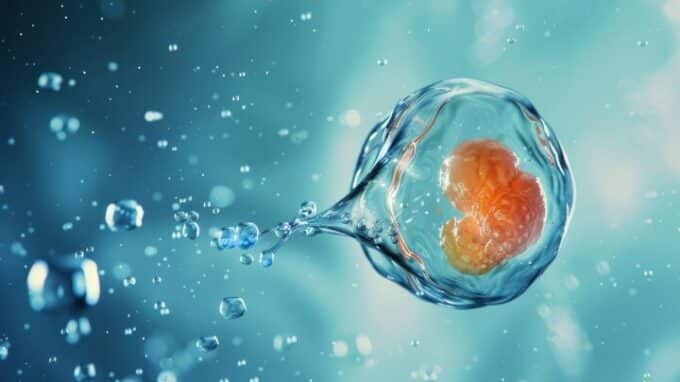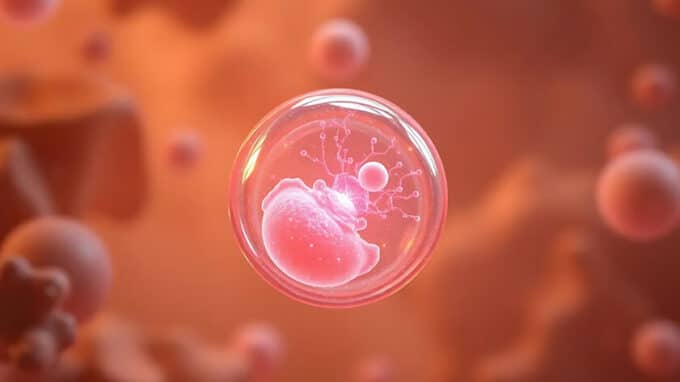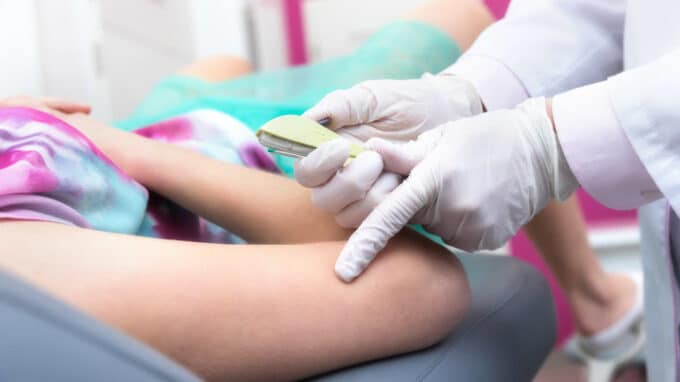Researchers at the Francis Crick Institute have developed a new stem cell model of the mature human amniotic sac that replicates the development of the tissues that support the embryo two to four week...
New Stem Cell Model Provides Insights Into the Development of the Human Amniotic Sac
